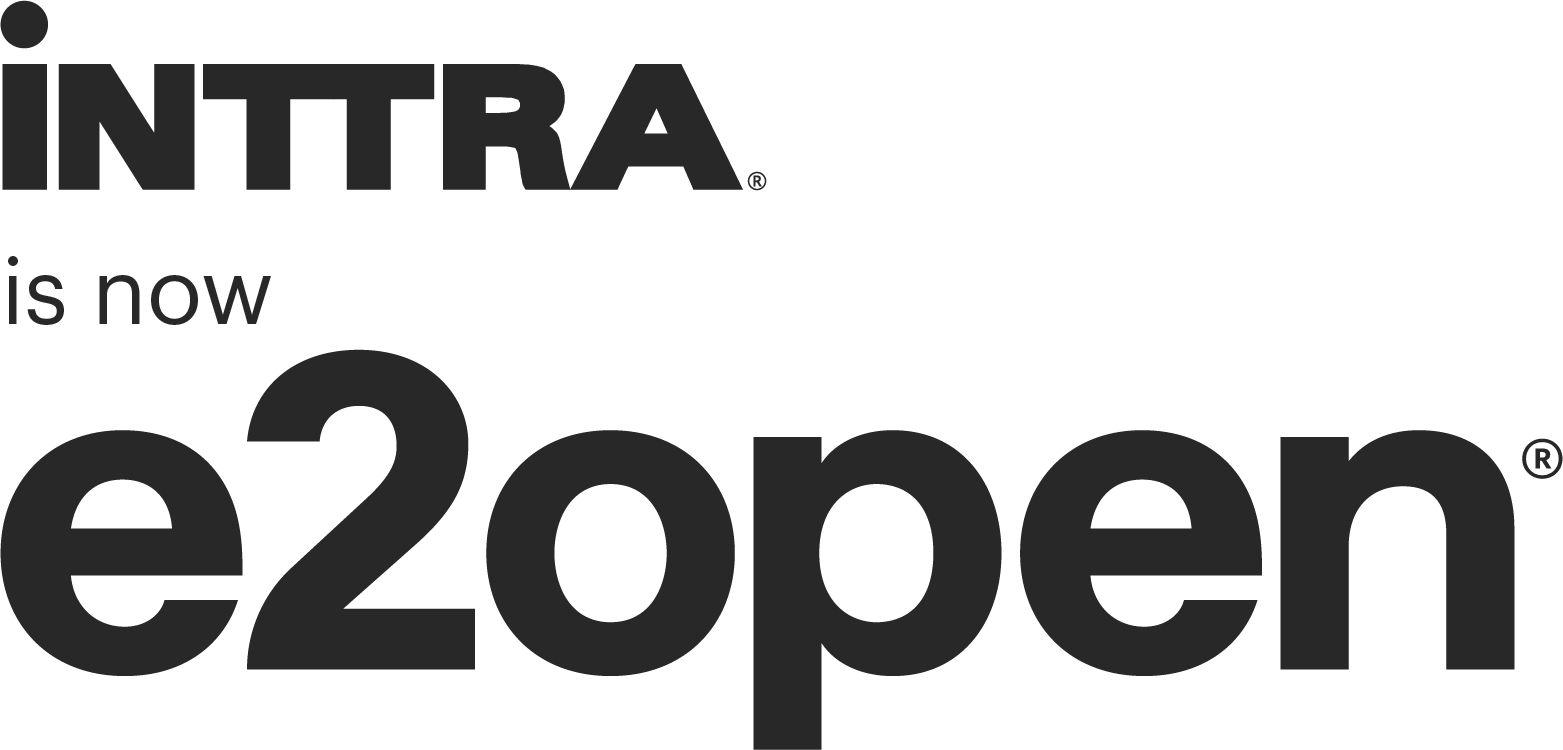09 Jan E2open pathfinder in logistics tech
In late October, the private-equity backed software company E2open LLC announced that it was buying INTTRA Inc., the leader in electronic booking of ocean-bound containers. This struck many as evidence that ocean-cargo related technology was finally being recognized as a domain institutional investors find worthwhile.
However, in an interview with American Journal of Transportation, E2open’s CEO, Michael Farlekas, said there was far more to the deal than just acquiring INTTRA’s booking engine, as successful as it is. Attractions include Inttra’s large customer base, the prospect of integrating INTTRA with E2open’s other supply chain software offerings and the belief that E2open can add some new technology and functionality to INTTRA, insuring the pioneer in matching cargo with carriers can retain its dominance.
“We now have relationships with 30,000 or so freight forwarders that we wouldn’t have had,” said Farlekas, who added: “We think we can offer the freight forwarders a way to increase their revenue, increase their sell through by using some of the IT that we have.”
Several shipping lines founded INTTRA in 2001. The private equity company ABS Capital Partners acquired a 51% stake in INTTRA eight years back. INTTRA now boasts of booking 26% of ocean-going containers.
Based in Austin, Texas, E2open is owned by Insight Venture Partners. E2open focuses on supply chain management largely for manufacturers. “We started as a consortium of high-tech manufacturers who had to solve a problem: How do you understand and orchestrate a very complex manufacturing process when the manufacturing companies are not on their own system, they’re always outside and on multiple tiers?” Farlekas explained.
With its acquisition of INTTRA, E2open is acquiring a dominant force in its field, but one that functions in just a corner of the overall supply chain-related technology domain. “That portal is only set up as a message broker to move messages in relation to the most basic functions, shipping instructions,” said Lars Jensen, who heads SeaIntelligence Consulting. “It’s not really geared toward the added supply chain that’s coming.”
Farlekas agreed that the management of freight-transportation is very fractured, although he maintains his company can bring some order to the information flow. “Ocean freight is a very complex process and the process has been very manual. It’s also very disaggregated. There are a tremendous number of people or companies that are involved in the activities that are necessary to ship via ocean,” he said, adding, “The process itself is fragmented. A number of small players do a little bit of the puzzle.”
Often times, multiple freight forwarders and numerous carriers move boxes for the same client and each player has its own systems for handling data.
“What that means from a data visibility perspective, it has to go through many hands in a very circuitous route,” he said. “That’s our core competence and we think we can streamline that process quite effectively.”
Giving shippers better analytics as containers travel weeks from one continent to another is a goal for INTTRA’s new owners as well.
As Farlekas put it, “I’m a shipper. I shipped a product seven weeks ago based on needs I had seven weeks ago. Over the seven weeks, things change. I sell more or not as much. I lose product on the ocean. I have some freight get damaged. All sorts of things happen during that period of time.” The goal, Farlekas said, is to help better manage that product flow by understanding just where it is. “As that freight is moving across the ocean, we are constantly keeping up-to-date what the net impact of that product being early or late will be. Do I need it the same way I needed it before? Maybe I don’t. It’s all about lead times.”
With far less fanfare, E2open acquired in October as well a small transportation management systems software provider called Cloud Logistics. This saved E2open the time and expense in developing its own TMS (transportation management system). And, E2open believes its can cross sell customers of both Cloud Logstics and INTTRA. Plus, it can layer functions on each. With INTTRA, for example, E2open can add ocean shipping to the Cloud Logistics platform.
“We liked them both. We liked them more together,” said Farlekas. “We would have done either one of [the transactions], but together we think they make more sense.”
Companies didn’t release the details of either transaction, although E2open obviously paid more for Inttra, which has posted revenue of around $60 million. Cloud Logistics’ revenue totaled only about $4 million, according to Farlekas.
https://www.ajot.com/premium/ajot-e2open-pathfinder-in-logistics-tech





Sorry, the comment form is closed at this time.